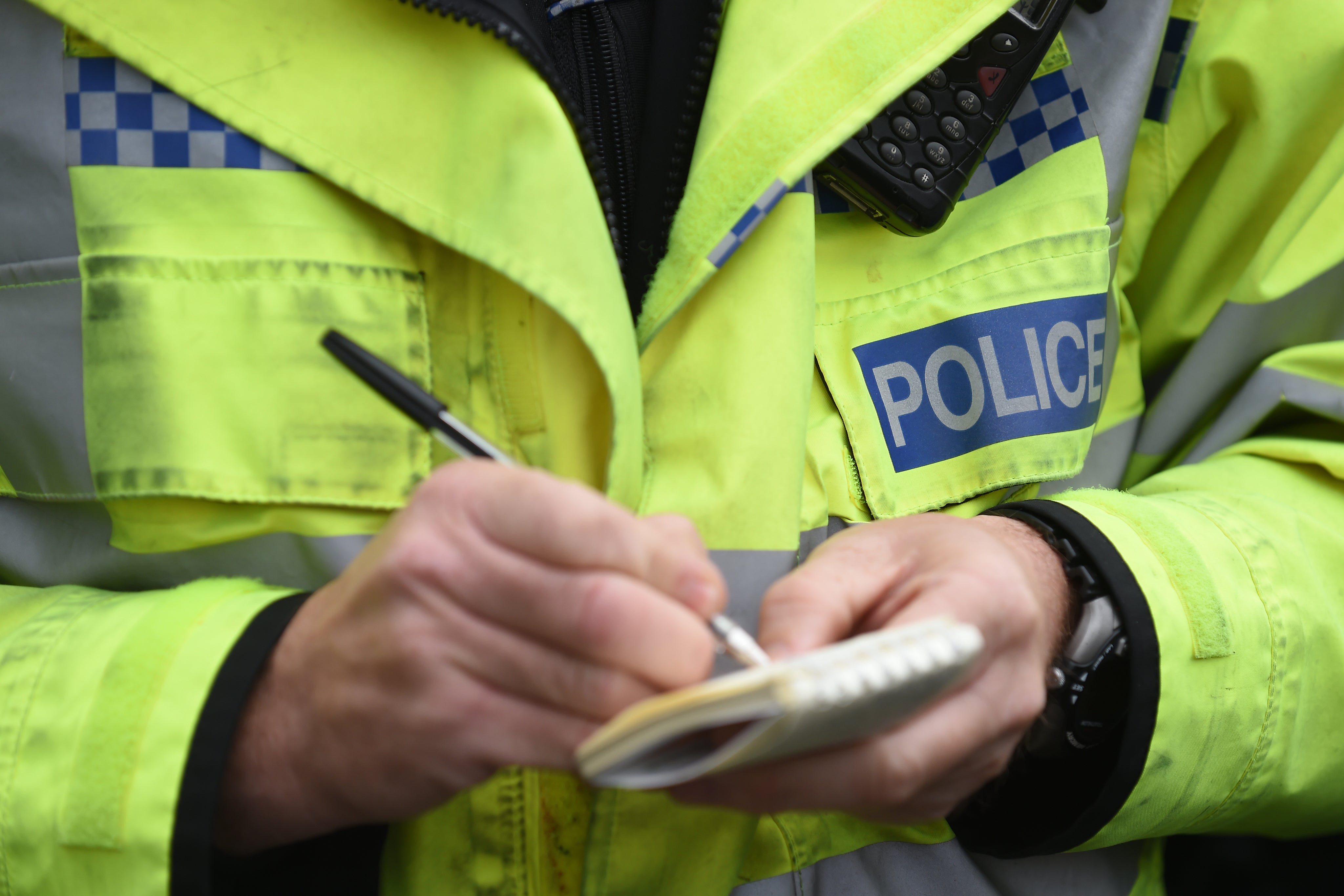Officer handed final warning for ‘gossiping’ about Wayne Couzens’ defence
Sergeant Simon Kempton was found to have acted inappropriately by sharing details from the killer’s police interviews with colleagues.

A senior member of the Police Federation has been given a final written warning for damaging policing’s reputation by “gossiping” about Wayne Couzens’ defence on a Signal chat.
Sergeant Simon Kempton, of Dorset Police, was on secondment serving as treasurer to the Police Federation, the body representing officers in England and Wales, when Sarah Everard was abducted.
Following Couzens’ hearing at Westminster Magistrates’ Court on March 13 last year, Mr Kempton was approached by a Daily Mail journalist who filled him in on details heard in court.
Publication of the evidence was prohibited by the Magistrates Court Act, but journalists have the right to be present in court or attend via video link.
Later that evening, Mr Kempton shared information about Couzens’ defence on chat app Signal in a group made up of members of the Police Federation’s governing body.
In one message, he said: “Wait til you hear what his defence was today.”
Mr Kempton goes on to set out Couzens’ false claims he had abducted Ms Everard and handed her over alive to a gang of eastern European men in order to pay off a debt.
He then discusses the fact Couzens had been caught on CCTV in B&Q buying builders’ bags, and the fact the victim’s body had been found in these bags.
Mr Kempton adds: “Essentially coughing to kidnap but denying murder.”
One officer replies: “The old ‘slipped and fell’, the next thing I knew …’”
Adding: “He is better off just blaming it on the fact he is ginger.”
Another said: “He had suffered a nasty bang to his head which might explain why he thought that excuse might fly.”
The messages were reported to the Met Police by two members of the group, who wrongly believed the source of the information was a leak within the investigations team.
They assumed that anything heard in open court would be reported, and were unaware of the statutory reporting restrictions – they later retracted their concerns and supported Mr Kempton.
Mr Kempton faced misconducted proceedings for breaching standards of police professional behaviour concerning respect and courtesy, duties and responsibilities, social media use and confidentiality.
It was alleged his actions had the potential to undermine confidence in the police.
Mark Ley-Morgan, presenting the case for Dorset Police, said the “tone and content” of the messages was “indicative of someone who was gossiping”.
Mr Kempton denied wrongdoing, telling a panel it was vital the Police Federation be brought up to speed to inform its media response, as well as any decision on paying Couzens’ legal fees were he to apply for funding.
When asked about the tone of his messages, Mr Kempton said: “It was conversational and I regret that in light of where I am sat, but it is conversational because this is a conversation.”
He said the messages were “factual” and he was repeating what he had been told by the journalist.
Mr Kempton denied they showed a lack of respect and courtesy to Sarah Everard’s family, saying: “God only knows what they had already been through – if I had in any way contributed to their distress I would be beside myself.”
On Friday, the panel found Mr Kempton to have committed misconduct, namely by discreditable conduct and breaching standards on duties and responsibilities, authority, respect and courtesy.
Mr Kempton was handed a final written warning valid for two years.
He was cleared of breaching standards of following orders and instructions, and of confidentiality.
Following the hearing, Deputy Chief Constable Sam de Reya said: “It is disappointing that a hearing had to find an officer guilty of misconduct, especially as it was in relation to an abhorrent crime, where the reputation of the police service nationally was already very much under scrutiny.
“Sergeant Kempton’s actions showed complete disregard to Sarah Everard and her family.”
He continued: “Locally and nationally the public expect and deserve to have trust and confidence in the police.
“This trust is immensely important to us and I hope the outcome of this case sends out a clear message that we take misconduct very seriously and will not tolerate any behaviour that falls below the standards expected.”
Dorset Police and Crime Commissioner David Sidwick said: “Sergeant Kempton showed no regard to the abhorrent crime that was committed against Sarah Everard and has, quite rightly had to face the consequences of his actions.”
Bookmark popover
Removed from bookmarks